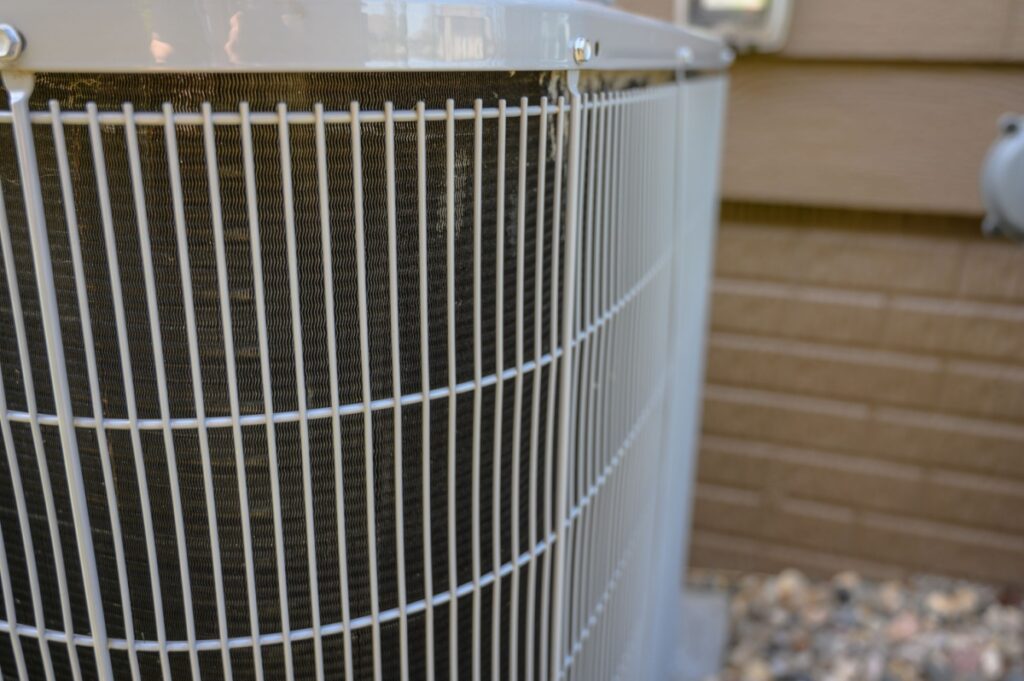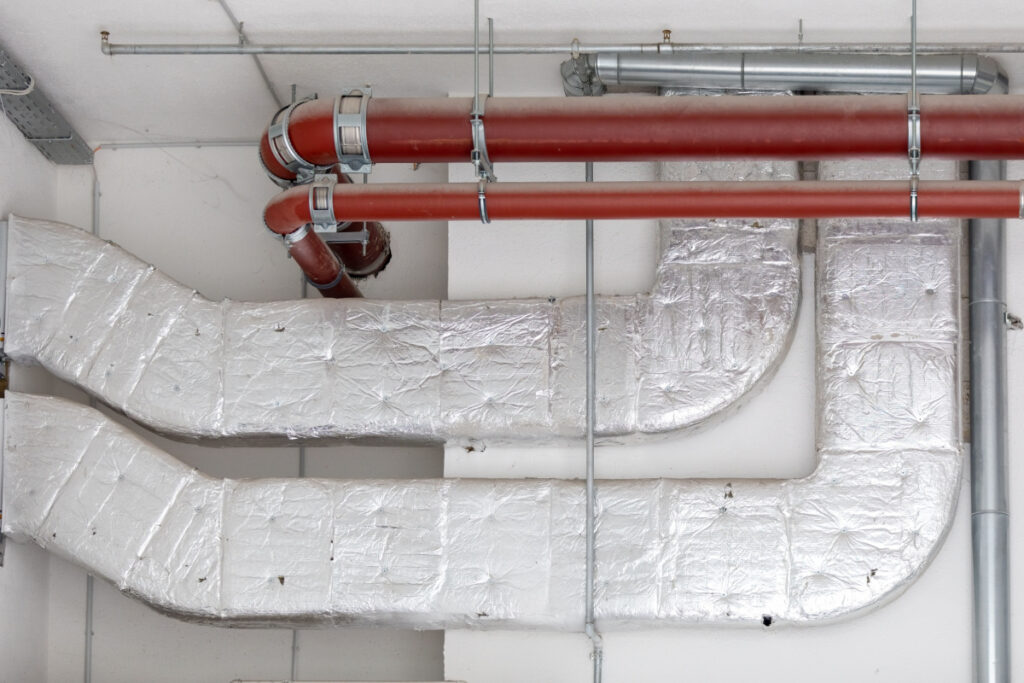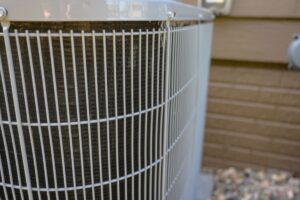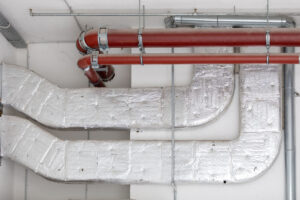As we brace ourselves for another sweltering summer, the efficiency of our air conditioning units becomes a topic of great importance. One key factor that determines an AC’s efficiency is its Seasonal Energy Efficiency Ratio (SEER) rating. But what exactly is a good SEER rating for your new AC? This question can leave many homeowners scratching their heads. Thankfully, we can demystify SEER ratings, helping you understand what they mean and how to choose the right air conditioner for your property. With our help, your next AC installation will be a breeze!
Understanding the Concept of SEER Ratings
The Seasonal Energy Efficiency Ratio, or SEER rating, is a metric used to measure how much cooling a system puts out for each unit of energy it consumes. In simpler terms, it measures the efficiency of your air conditioning system. The SEER rating of a unit is calculated by dividing the cooling output during a typical cooling season by the total electric energy input during the same timeframe. The higher the SEER rating, the more energy-efficient the system is.
Why is a SEER Rating Important for your AC?
SEER ratings play a pivotal role in determining the efficiency of an air conditioning unit. They are important as they give consumers a clear idea of how much energy an AC system will use over a cooling season, providing an estimate of operating costs. A higher SEER rating signifies greater energy efficiency, which can translate into significant savings on your energy bills over time. Furthermore, choosing an AC with a high SEER rating benefits not only your wallet but also the environment. Energy-efficient systems consume less power, reducing the demand on power plants and subsequently leading to fewer greenhouse gas emissions. So, by understanding and considering SEER ratings when purchasing a new AC, you’re making an informed decision that promotes cost-effectiveness and environmental sustainability.
The Average SEER Ratings: What’s Considered Good?
The average SEER rating for air conditioners has seen a significant increase over the past few decades, thanks to advancements in technology and stricter energy efficiency regulations. The U.S. Department of Energy mandates a minimum SEER rating of 13 for air conditioning units sold in the Northern part of the U.S. and 14 for those sold in the South and Southwest regions of the country.
So, what is considered a good SEER rating? While the minimum may be 13 or 14, depending on your location, a ‘good’ SEER rating is often considered to be 16 or higher. Air conditioning units with this rating are generally more energy-efficient, which can lead to greater savings on your energy bills over time. However, it’s important to remember that while a higher SEER rating signifies better energy efficiency, it also comes with a higher upfront cost. Therefore, when choosing an AC unit, you should consider both the upfront cost and the potential long-term energy savings.
It’s worth noting that the highest SEER ratings go up to 26, but these are premium models with advanced features. For most households, a SEER rating between 16 and 20 strikes a good balance between energy efficiency and cost. Consulting with an HVAC expert can help you decide the optimal SEER rating for your specific needs and climate.
Factors Influencing the Ideal SEER Rating for Your Home
So let’s cut to the chase; how can you make sure you’re finding the perfect SEER rating for your home? After all, ACs are units you’ll be using a lot, so you want to maximize cost savings. Choosing the ideal SEER rating for your home depends on a variety of factors, many of which we’ll break down below:
- Climate: The climate where you live significantly impacts the ideal SEER rating for your AC unit. If you reside in a region with hot, long summers, a higher SEER rating (16 or above) could be more cost-effective as it would provide greater energy savings over time. On the other hand, if you live in a cooler region where the AC isn’t used extensively, a unit with a lower SEER rating (around the minimum of 13 or 14) may suffice.
- Usage: How often and for how long you use your air conditioning also influences the ideal SEER rating. If you rely heavily on your AC throughout the year, a high SEER unit can offer substantial energy savings. But if you only use your AC sporadically, a lower SEER unit might be a more economical choice.
- Home Size and Insulation: Larger homes or poorly insulated ones require more cooling, which can make a higher SEER unit a better investment due to its efficiency. Conversely, smaller or well-insulated homes might not require as much cooling, making a lower SEER unit potentially more cost-effective.
- Long-term Plans: If you plan on living in your current home for many years, investing in an AC unit with a higher SEER rating could pay off in long-term energy savings. However, if you plan to move in a few years, you may not recoup the higher initial cost of a high-efficiency unit.
- Environmental Impact: If reducing your carbon footprint is a priority, a higher SEER rating is the way to go. More efficient units consume less energy, which means fewer greenhouse gas emissions.
Remember, while the SEER rating is a crucial factor, it’s also important to ensure that the AC unit is the right size for your home. An undersized or oversized unit can lead to inefficiency, negating any benefits from a high SEER rating. Consulting with an HVAC professional can help you determine the optimal SEER rating and unit size for your home.
Make an Informed Decision on Your New AC With JC & JC HVAC Mechanical Contractors
At JC & JC HVAC Mechanical Contractors, we’re committed to helping you find the perfect balance between comfort, efficiency, and cost. Our team of seasoned experts is ready to answer any further questions you may have and guide you through the selection process. Don’t gamble with your home’s comfort and energy bills. Contact us today and ask about our heating and AC services in Washington, DC, and in the surrounding areas. Let us help you invest in an AC system that’s just right for you!








